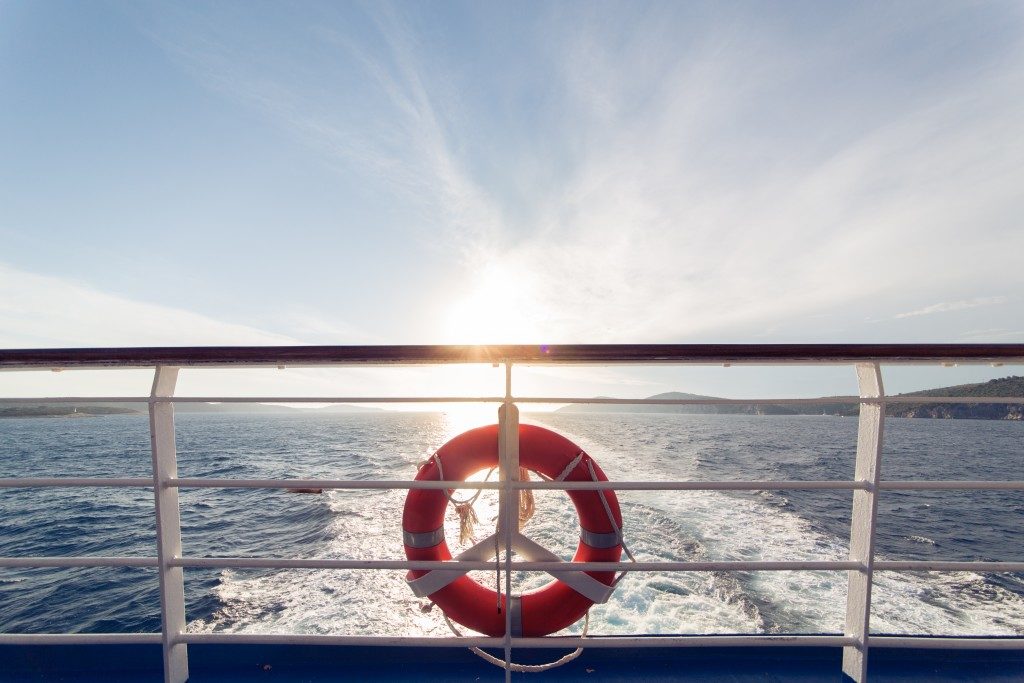Disclaimer: What Liberty Ate. This site provides food and drink content for informational purposes only.
For those hungry for adventure, there are plenty of ways to satiate that wanderlust. Whether you’re going on a Mormon cruise or somewhere more exotic like the lands of Israel or Egypt, there is no lack of choices.
Before you get to your destination, you have to find your sea legs. That’s not as easy as it sounds as not everybody can get used to the buckling of the ocean. Some people can get very sick during the trip. Thankfully, there are a variety of ways to get over seasickness. Here is how you can reduce its effects:
The Symptoms of Motion Sickness
Seasickness comes from motion sickness and is characterized by bouts of nausea and vertigo. Seasickness happens because of the body’s inability to cope with the rocking of the waves. Symptoms of seasickness include dizziness, sweating, and shortness of breath. Those with mild seasickness might also have an irritated mood, headaches, slight nausea, and general malaise.
One thing to note is that the seriousness of the condition will depend on the person in question. Most people who suffer from seasickness only experience a mild variation of it.
Several Ways to Find Quick Relief
Medicine for motion sickness can be used to find quick relief during the trip. It helps calm the body, and it prevents your nausea from getting worse. More natural cures include chewing gum, peppermint, and ginger.
Another way to stop the effects of seasickness is to be stationary during the trip. Seasickness happens when your body can’t find its balance due to the water’s movement. Looking at the horizon when you’re out on the deck will help you orient yourself. If you must stay below deck, keep your eyes closed and your body upright. This will help you keep your balance and reduce nausea.
Above all else, remember to keep very calm. Getting worked up about your condition only makes things worse. Find ways to relax. Listen to music or meditate if you can. Both can help you get over your seasickness.
Things to Avoid
Try not to overeat or drink alcohol. The loss of balance can make things much worse. Avoid focusing on things that can easily get moved around; a large part of your seasickness results from your brain getting confused by the jittery movement. Reading a book or focusing on a video game can make you feel sicker than you already are.
Slow and Steady

While seasickness is a challenging thing to undergo, there is a light at the end of the tunnel. As bad as it can get, the worst parts of it usually do not last. Your body does get used to the rocking of the boat, and its symptoms become less severe over time. It’s in a matter of getting used to it.
Seasickness might always plague you when you ride a boat, but being prepared for it will help mitigate its effects. Its symptoms might never go away, but knowing what to do and facing it head-on will make things a lot easier overall.

